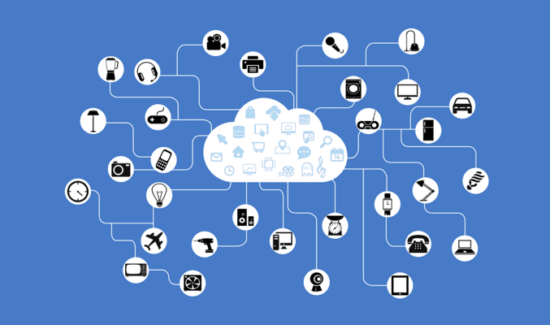Net Neutrality Hits Sprint, AT&T and Time Warner Cable

We’ve all been hearing about net neutrality and data throttling, but over the past few days, we’re finally able to witness these service provider giants get what’s been coming to them for throttling our data and wireless speeds.
AT&T, Sprint and Time Warner Cable are some of the companies that have made big changes to avoid fines, or in AT&T’s case, been threatened seriously with a $100 million fine. The Federal Communications Commission (FCC ) has issued the fine and AT&T has 30 days to respond in writing to the announcement. This means that the fine isn’t final and will most likely be adjusted by the FCC once AT&T responds.
There is a chance that this fine will not stick, but there’s also a very good chance it will. Sprint has already responded to threats and has un-throttled their service before the FCC can get to them and potentially issue them a fine.
This goes to show that data throttling is very real and that all wireless and mobile carriers have been implementing it for a very long time, justifying the need for Net Neutrality.
Time Warner Cable is also being sued for purposely holding up internet speeds for customers, but this complaint may fall under ‘peering’ which is when two Internet networks connect and exchange traffic. It allows them to directly hand off traffic between each other’s customers, without having to pay a third party to carry that traffic across the Internet for them. If this is the case, then TWC has done nothing wrong.
“Consumers deserve to get what they pay for,” said FCC Chairman Tom Wheeler. “Broadband providers must be upfront and transparent about the services they provide. The FCC will not stand idly by while consumers are deceived by misleading marketing materials and insufficient disclosure.”
Just in case you forgot, The Federal Communications Commission has decided to apply the same rules that govern the telephone service to broadband internet, in an attempt to ensure the fair and equal treatment of all traffic on the Internet, with three commissioners voting in favor and two against.
The main changes for broadband providers, as summarized by the BBC[1] , are as follows:
Broadband access is being reclassified as a telecommunications service and utility, like electricity and water, meaning it will be subject to much heavier regulation
Broadband providers cannot block or speed up connections for a fee – all data should be treated equally
Internet providers cannot strike deals with content firms, known as paid prioritization, for smoother delivery of traffic to consumers
Interconnection deals, where content companies pay broadband providers to connect to their networks, will also be regulated
Firms which feel that unjust fees have been levied can complain to the FCC. Each one will be dealt with on a case by case basis
All of the rules will also apply to mobile providers as well as fixed line providers.
Under the new rules, the FCC will have a variety of new powers, including:
They will be able to enforce consumer privacy rules
They will be able to extract money from Internet providers to help subsidize services for rural Americans, educators and the poor
They will be able to ensure services such as Google Fiber are able to build new broadband pipes faster and at less cost.
Regulations have been relaxed somewhat, allowing local Internet providers to compete with the more established ISPs























